WaterStep is excited to be working with the Emergency Management Agency (EMA) in Kentucky and Indiana to create more sustainable options to disaster relief.
The EMA have participated in Disaster Relief Training through WaterStep. They were trained on how to operate WaterStep’s M-100 Chlorine G enerator and provide safe water to responders when in need.
enerator and provide safe water to responders when in need.
EMA wrote in their newsletter that through an MMRS grant with the Department of Homeland Security, they purchased three WaterStep systems to be housed at EMA/MetroSafe, the Juvenile Detention Center, and the Department of Corrections in case there is a need for purified drinking water.
The benefits of this to the community are immense. Instead of Louisville Metro Corrections having to buy enough bottled water for a week, they can spend their money on WaterStep’s M-100, which is a one time cost, and far more sustainable. This provides more funding for WaterStep to continue its mission of providing safe water to those in need, and frees up funds for Louisville Metro Corrections to spend on the community in other ways.
In the event that a primary water source goes out, like a water main break, or worse, a flood or tornado occurs, the Emergency Disaster Kit is on hand for EMA authorities, who have been trained to deploy, and mobilize water to those immediately effected. WaterStep’s training system gives authorities the tools and practice they need to operate a chlorine generator and quickly provide safe water to thousands. This is essential to EMA’s ability to respond quickly and efficiently to a disaster situation.
In emergency management, sustainability, durability and rapid deployment are essential. WaterStep’s system provides all of these things and more. In their newsletter, EMA said, “There are so many great things WaterStep does for those in need and we are excited to be part of their efforts.”
Moving forward, WaterStep will continue to work with EMA’s across the region, and eventually the country to provide training and support, while attracting new interest from similar agencies that have a need for a secondary, emergency water source.




